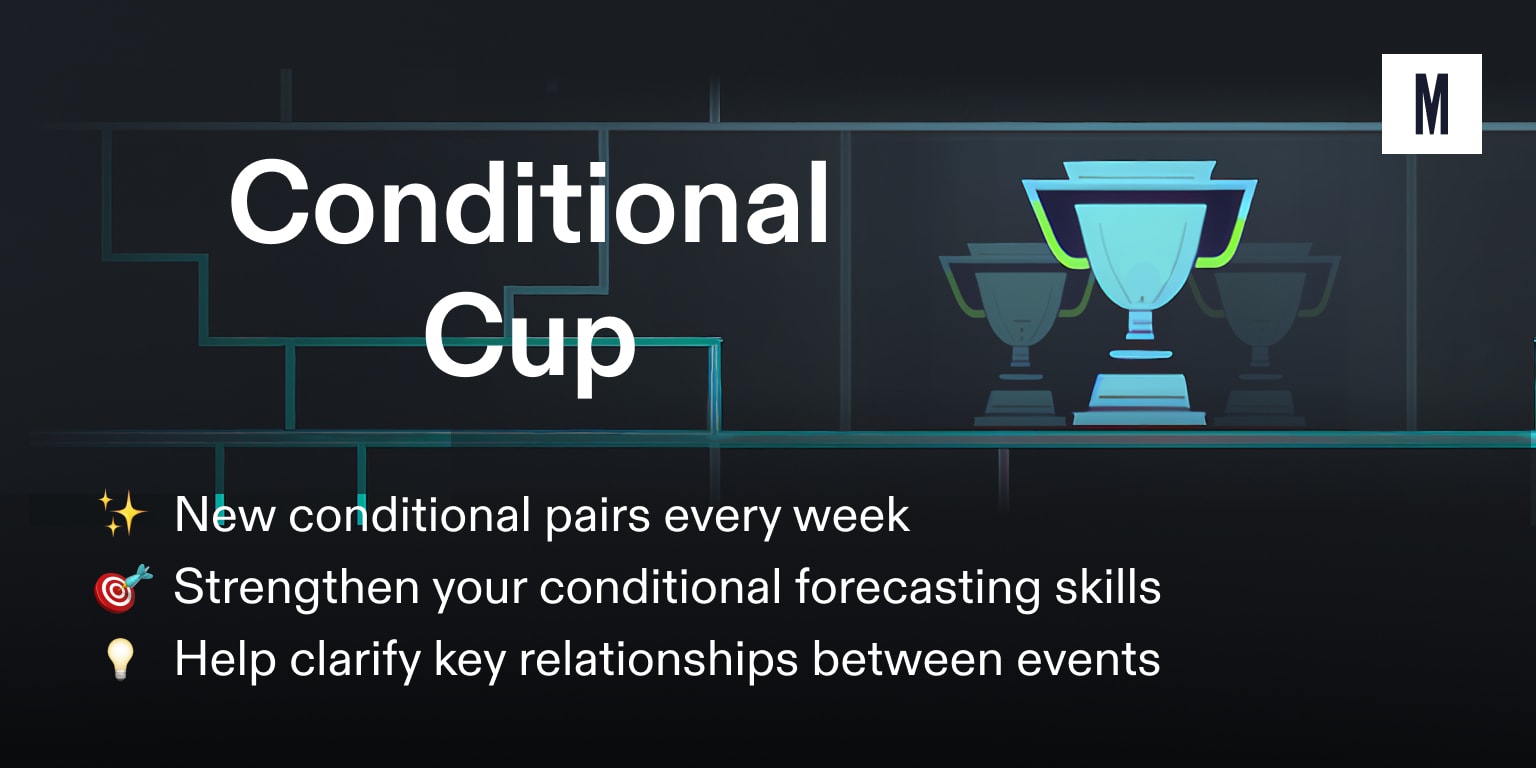[Note: I (the primary author) am writing this entirely in a personal capacity. Funding for the bounty and donations mentioned in this post comes entirely from personal savings and the generosity of friends and family. Colleagues at Open Philanthropy (my employer) reviewed this post at my request, but this project is completely unaffiliated with Open Philanthropy.]
In 2023, GiveWell reported that it received over $250M from more than 30,000 donors, excluding Open Philanthropy. I expect (though haven’t confirmed) that at least $50M of this came from unmatched retail donations, meaning from individuals who don’t work at a company that offers a donation match. I can’t help but hope that there may be some way to offer these donors a source of matching funds that wouldn’t otherwise go toward charitable causes.
Over the last couple of years, friends and I have spent >100 hours looking into potential legal, collaborative corporate donation matching opportunities. I think there may be promising ways to partner with corporate donors, but I haven’t found a way forward that I am comfortable with, and I don’t think I’m the best person to continue work on this project.
Some donors may be choosing to give through surrogates (friends who work at companies that match donations) without understanding the risks involved. My understanding is that there can be several (particularly if donors send surrogates money conditionally, e.g., by asking them to sign an agreement to give through their company’s match):
* The surrogate might inadvertently violate their company’s terms for donation matching.
* The surrogate, donor, or company might fail an IRS audit if they don’t correctly report the donations + match.
* The surrogate or donor might be sued by the company.
* The company might discontinue its matching program and/or claw back funds from recipient nonprofits.
“Getting to yes” with a corporate partner in a completely legal, transparent, and good faith way could direct signi



